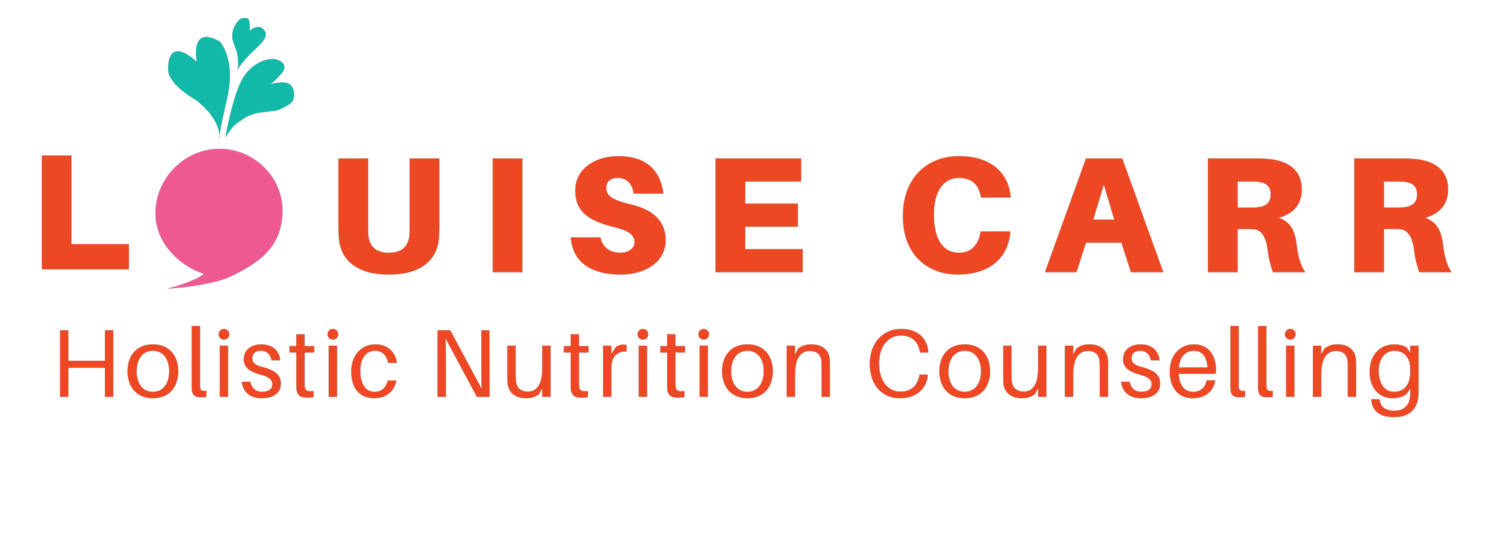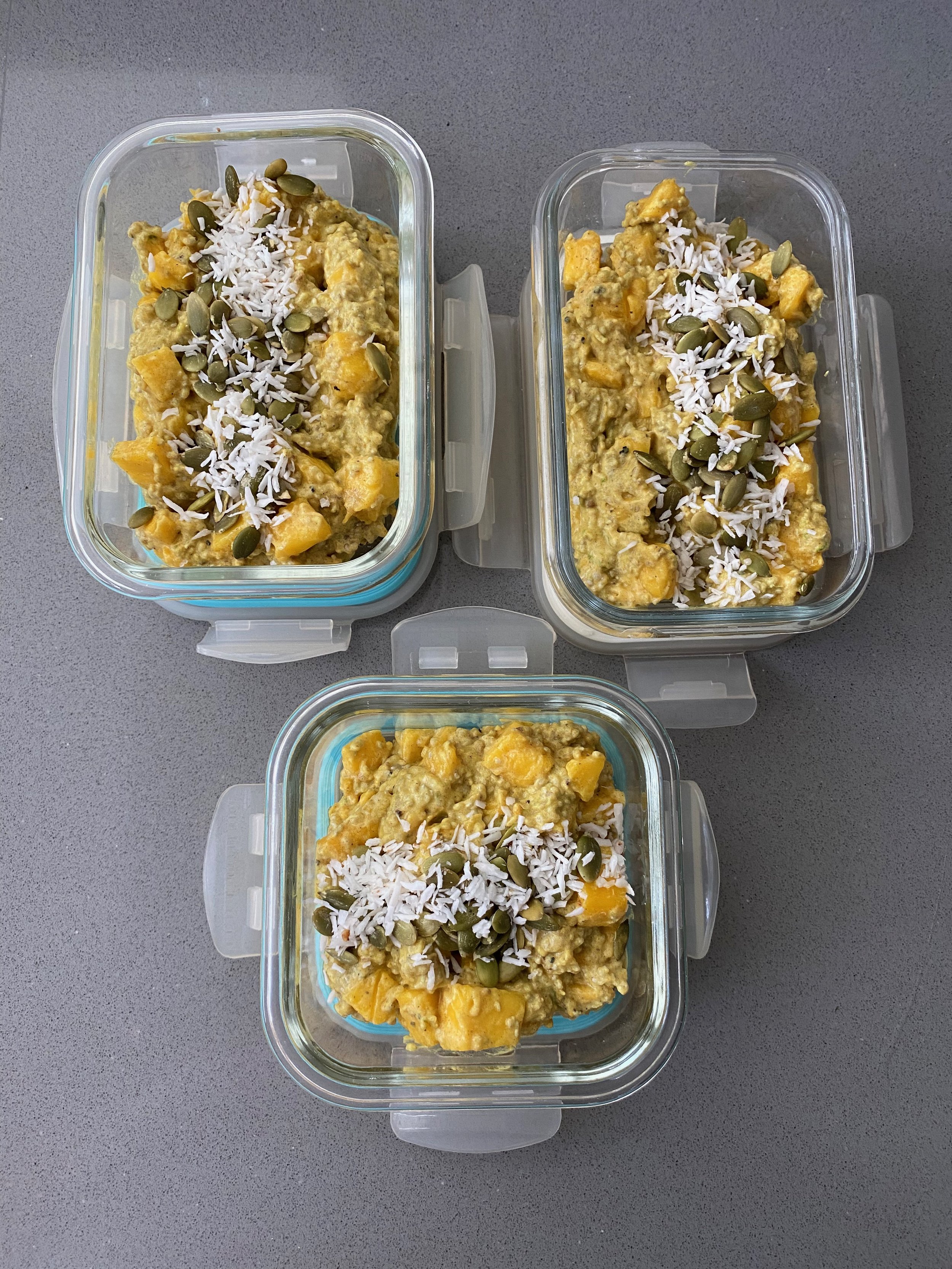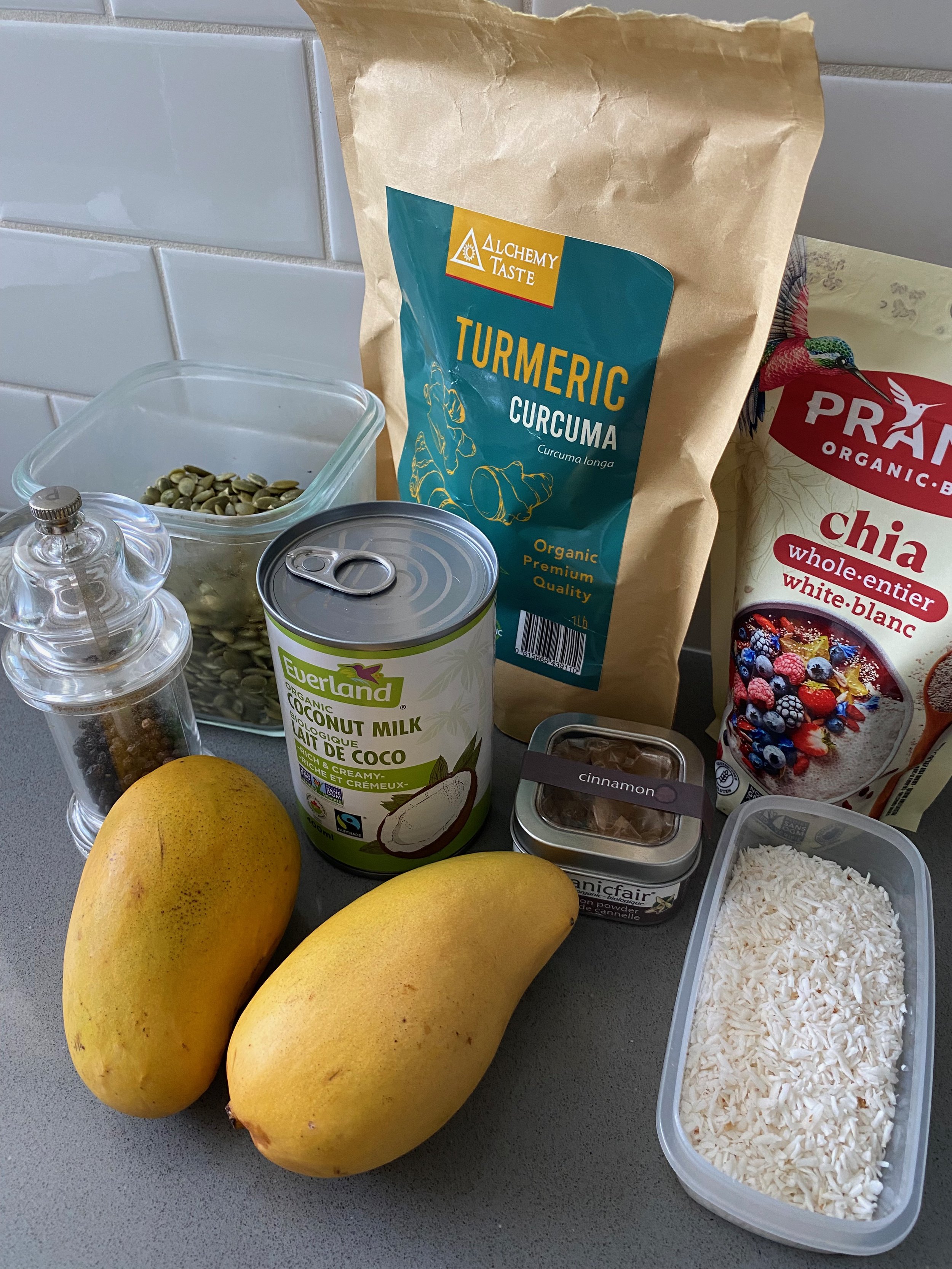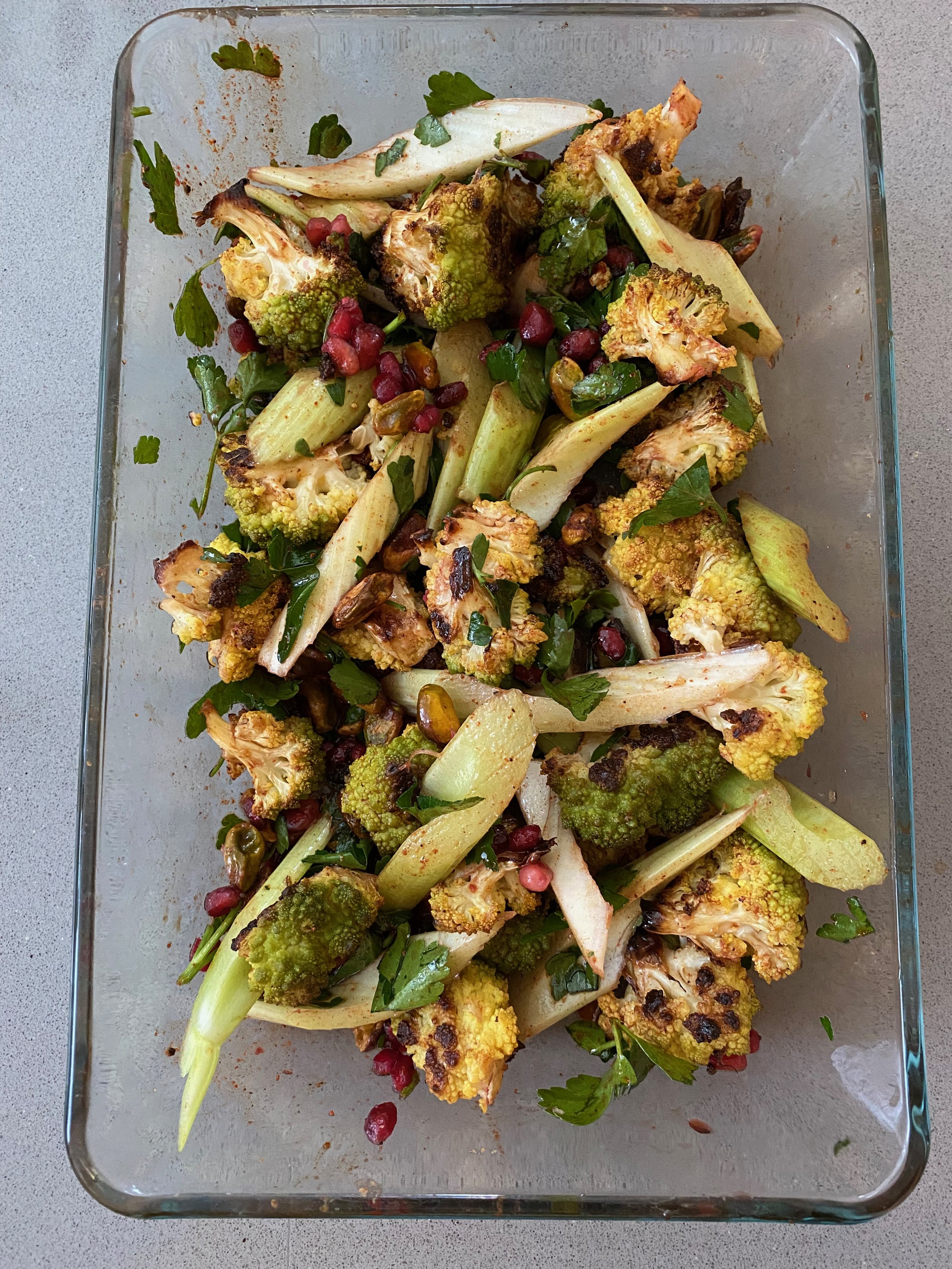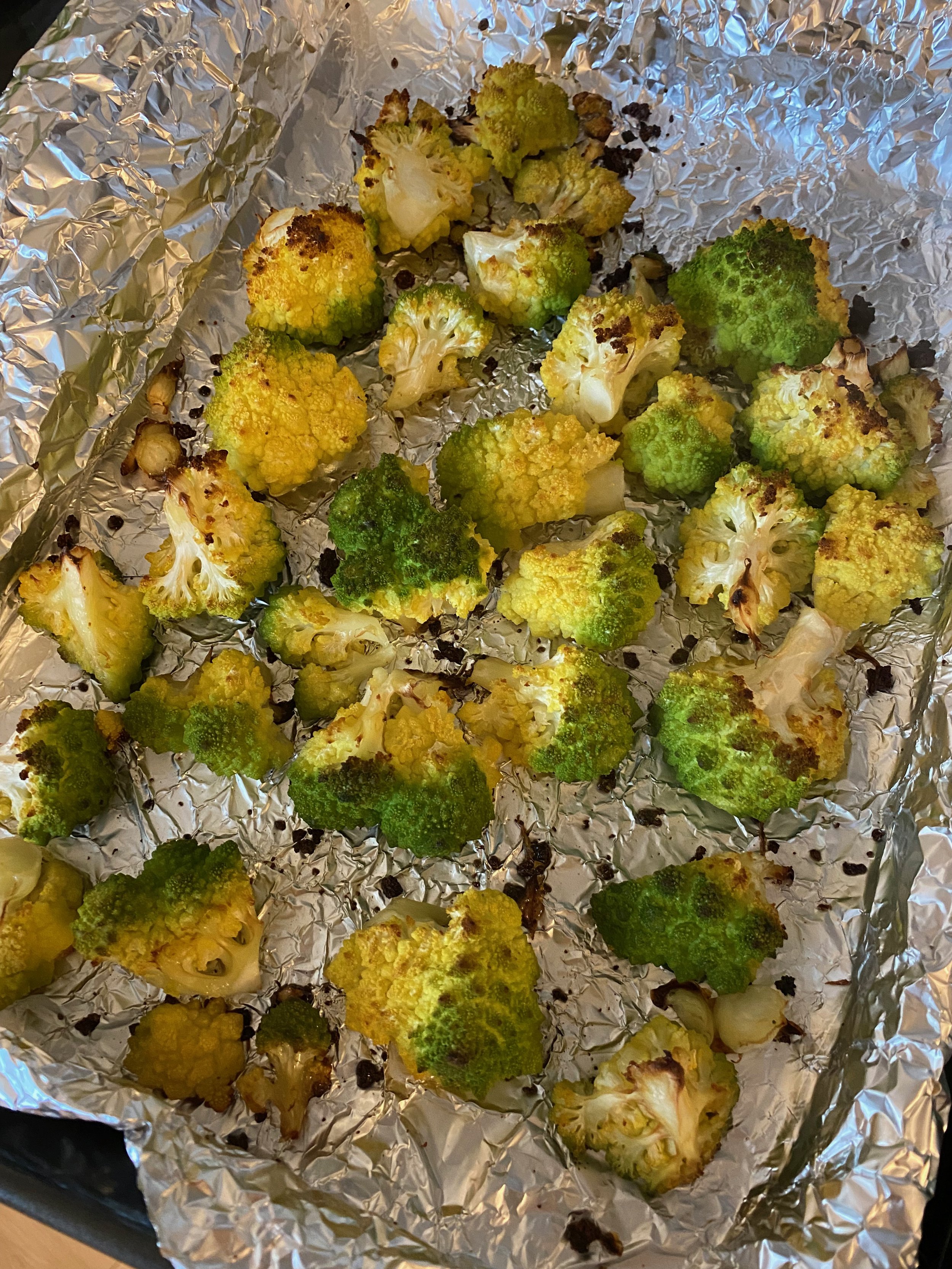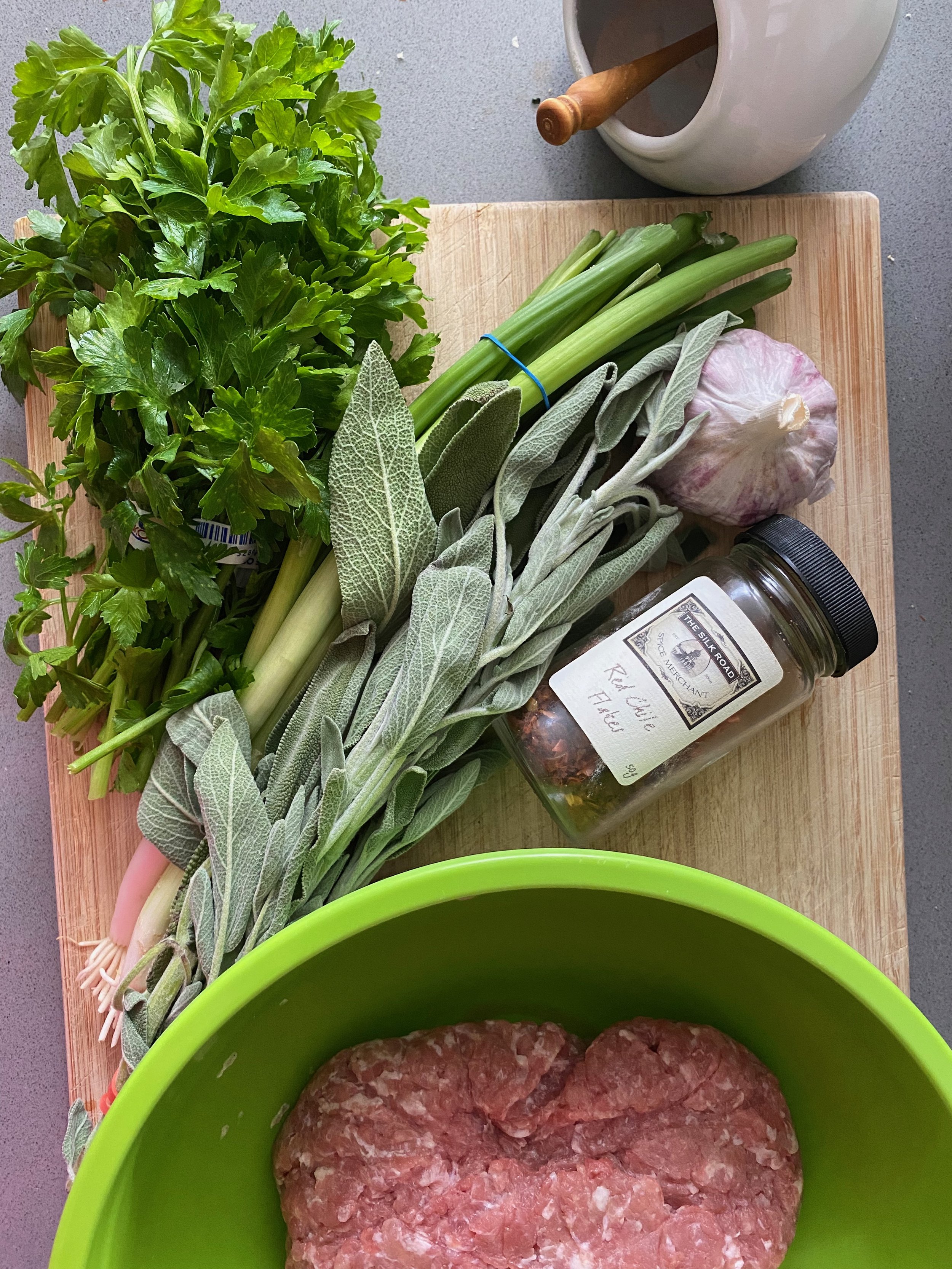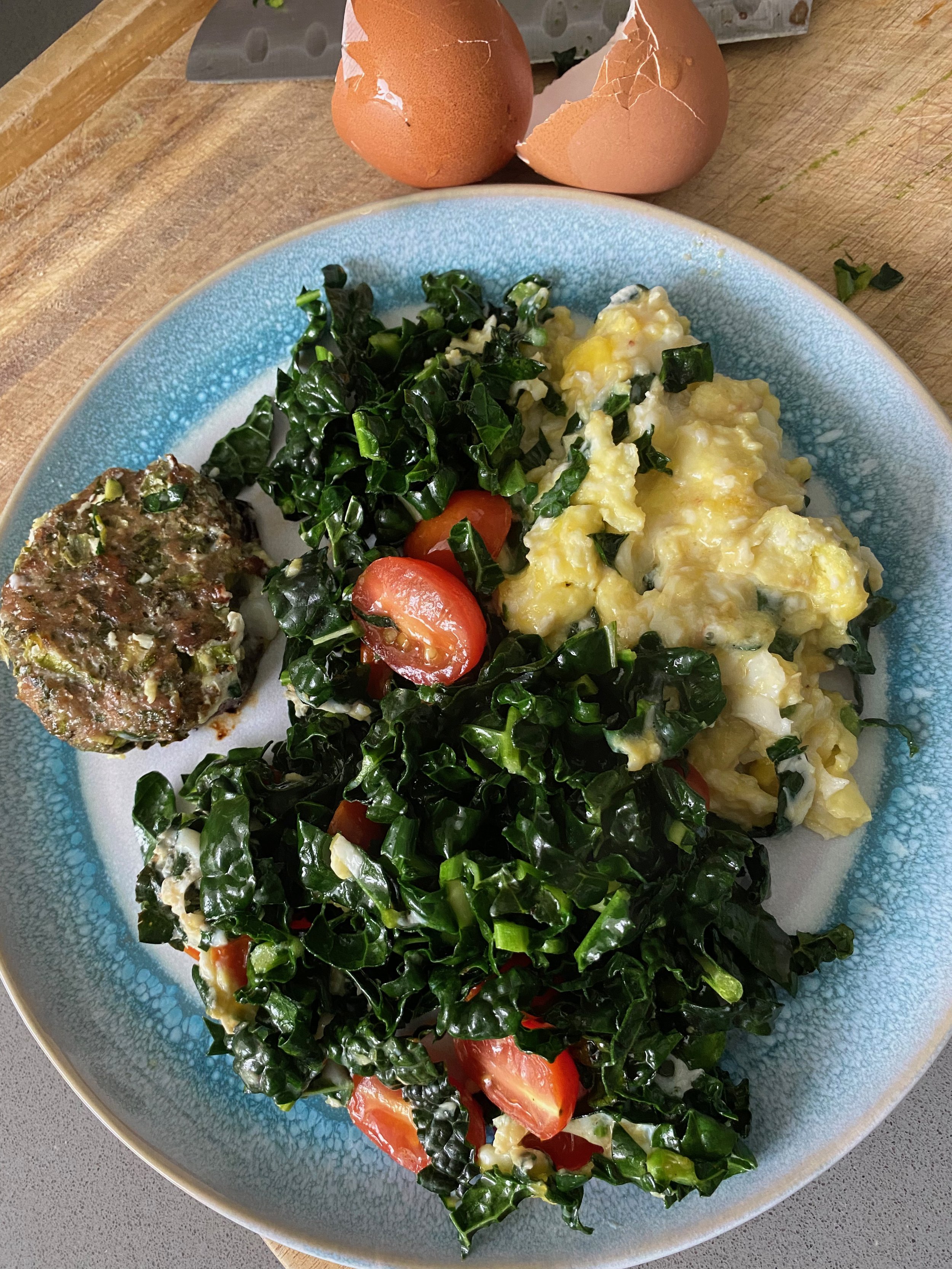‘Fibre is a midlife woman best friend,’ is one of my mantras whenever I am talking about womens health and menopause.
Hormone molecules such as estrogen are built with a cholesterol tail and fibre from our diet hooks onto that tail, to drag excess hormone out of our body. This leads to a reduction in our hormonal symptoms during peri-menopause and menopause
New research links increased fibre in the diet to a decrease in depression in peri-menopausal women as fibre also supports the health of our microbiome. Just as in ecosystems and communities, the diversity and health of our microbiome is directly linked to our mood and mental health.
Understand, we are not just alone as ‘us’ ladies, we have an ecosystem inside our gut and the health of this ecosystem directly impacts how happy we feel daily. Feeding our internal garden, improves our mental health as we pass through hormonal change.
Fibre in our diet can also help us to manage our blood sugar levels and keeps us off the sugar roller coaster by delaying the speed at which glucose from our food is dumped into our blood stream. If you are a woman who experiences:
1. Mood swings
2. Weight gain around the middle
3. Energy crashes or exhaustion
4. Waking in the night
5. Increased urination
6. Pre-menstrual symptoms
You may be experiencing blood sugar dysregulation and it is not your hormones at all!
The problem we have is when we arrive at peri-menopause, up to 50% of us will be deficient of fibre in our diet.
No wonder we are being ravaged by hormonal symptoms and feeling deeply uncomfortable on a daily basis! Our body is trying to tell us that it needs help and our support to pass easily through this challenging time.
So, we can go to the store and buy psyllium husks and senna, or we can make it delicious, fun and easy by making simple high fibre recipes, that help to build health in our bodies at midlife.
I was cruising my local grocery store when I saw these two stunning Atauflo mangos, with their price reduced, because they were at peak perfection of ripeness.
Isn’t that crazy! Food is reduced in price because it is perfect for eating?
In the soup we are living in, our food systems are primed for food transportation and mass production, not for food flavour or our health.
I could not pass up these beauties and I knew I had all the ingredients at home to immediately transform them into a delicious breakfast/snack/dessert dish.
Chia seeds are packed with soluble and insoluble fibre, magnesium, our relaxation mineral and anti-inflammatory omega 3 fatty acids. If you do not like the texture of chia seeds, you can blend the ingredients of this recipe to make a ‘pudding’ textured chia pudding.
Coconut milk provides medium chan fatty acids to support our brain health, prevents the sugar in the mangos from flooding quickly into the blood stream and helps to keep us satiated for longer.
A question I always ask myself when I am cooking is… ‘How can I add MORE!’
I added anti-inflammatory and blood sugar balancing spices to add delicious flavour and boost the health building properties of this dish.
This recipe is super easy. It just takes chopping, measuring and stirring to make a delicious, fibre rich, blood sugar balancing treat in your refrigerator.
My tip: When you see a perfectly ripe mango, buy the mango. Even if you sit and eat it in the bath with the juice dripping down your boobies, you are still a winner!
Ingredients
2 perfectly ripe small mangos or 1 perfectly ripe large mango
1/4 cup Chia seeds
1 cup coconut milk
1/2 tsp cinnamon
1/2 tsp turmeric
1/2 tsp freshly ground black pepper
1 tbsp raw pumpkin seeds
1 tbsp shredded coconut.
Instructions
Turn on a podcast you love and start by chopping your mango
Put the chopped mango in a large bowl with all of the other ingredients except the pumpkin seeds and shredded coconut.
Stir all the ingredients together until they are fully combined
Put the pudding mix into a single glass container or portion into smaller containers depending on how you want to eat it.
decorate the top of the pudding with the pumpkin seeds and shredded coconut to add more flavour and fibre
Store in the refrigerator overnight and the Mango Chia Pudding is ready to eat the next morning.
